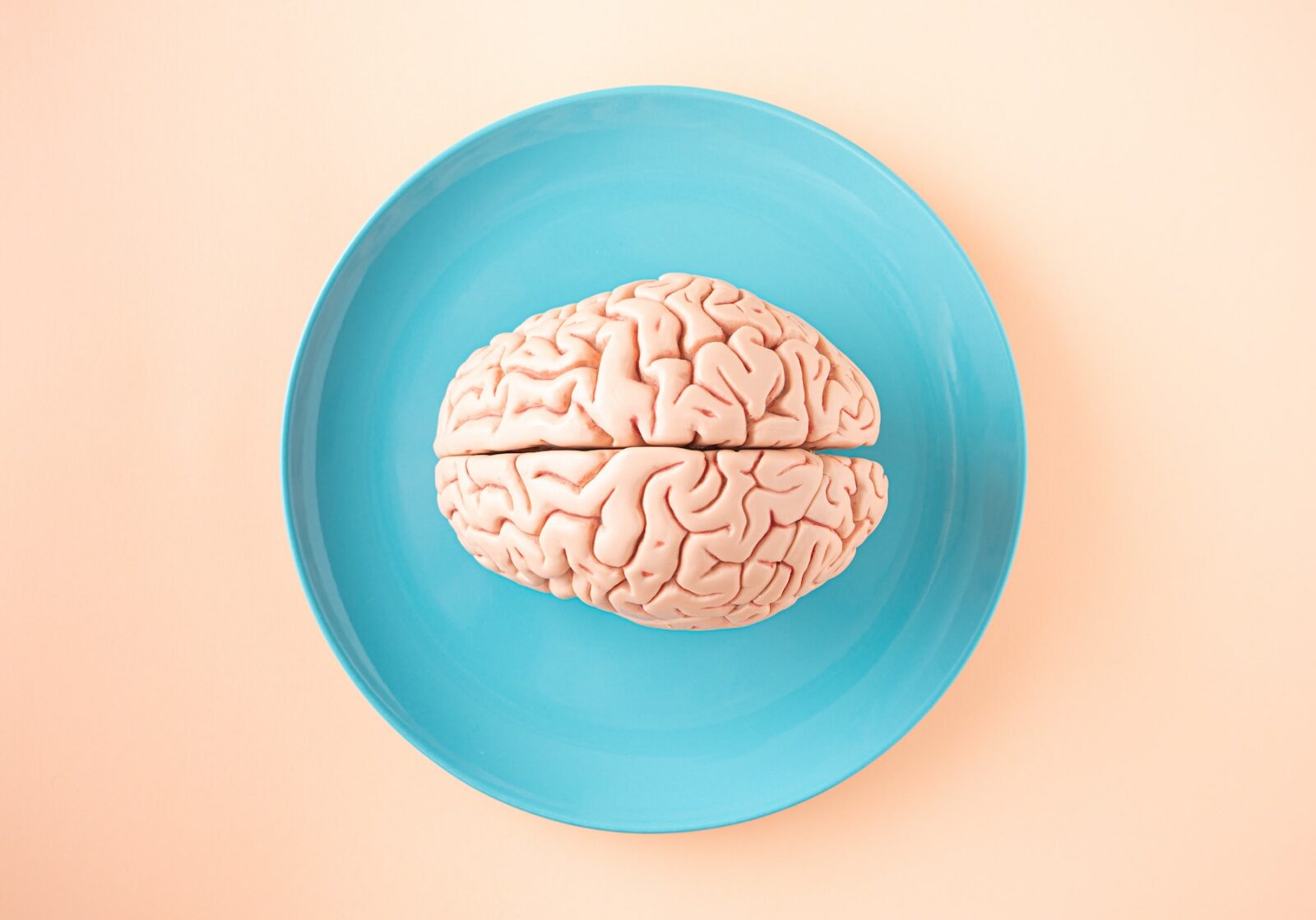
The Limbic System’s Influence on Emotions
Nestled within the intricate folds of the human brain, the limbic system reigns as the conductor of our emotional symphony. This network of structures, including the amygdala, hippocampus, hypothalamus, and cingulate gyrus, orchestrates the kaleidoscope of feelings that colors our lives.
Function of the Limbic System: Orchestrating Emotions
Hyperactivity of the Amygdala: The amygdala, renowned for its role in fear processing, can become hyperactive in individuals with anxiety disorders (Phelps, 2006). Heightened amygdala reactivity leads to an overemphasis on negative stimuli, causing minor threats to be perceived as severe dangers. This hyperactivity is associated with increased activity in the insula and reduced activity in the prefrontal cortex, contributing to the persistence of anxiety.
Impaired Fear Extinction: Impaired fear extinction, observed in anxiety disorders, arises from dysfunctional interactions between the amygdala and prefrontal cortex. This disruption hampers the process of unlearning fear associations. Studies involving patients with post-traumatic stress disorder reveal alterations in fear extinction circuits, underscoring the role of the amygdala and hippocampus in perpetuating anxiety.
Altered HPA Axis Function: A dysfunctional limbic system can dysregulate the hypothalamic-pituitary-adrenal (HPA) axis, leading to excessive cortisol release. Altered HPA axis functioning is evident in individuals with generalized anxiety disorder, with chronically elevated cortisol levels impacting emotional processing and regulation.
Disrupted Communication with Prefrontal Cortex: Disrupted communication between the limbic system and prefrontal cortex impairs emotional regulation. Prefrontal hypoactivity, observed in anxiety disorders, results in impaired suppression of amygdala responses to threat-related stimuli. Such disruptions hinder the cognitive control of emotional responses and decision-making.
Members Only Content
To continue reading please subscribe to WellnessPlus by Dr. Jess MD
Be your own best doctor with our comprehensive suite of online health coaching tools.
